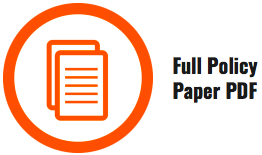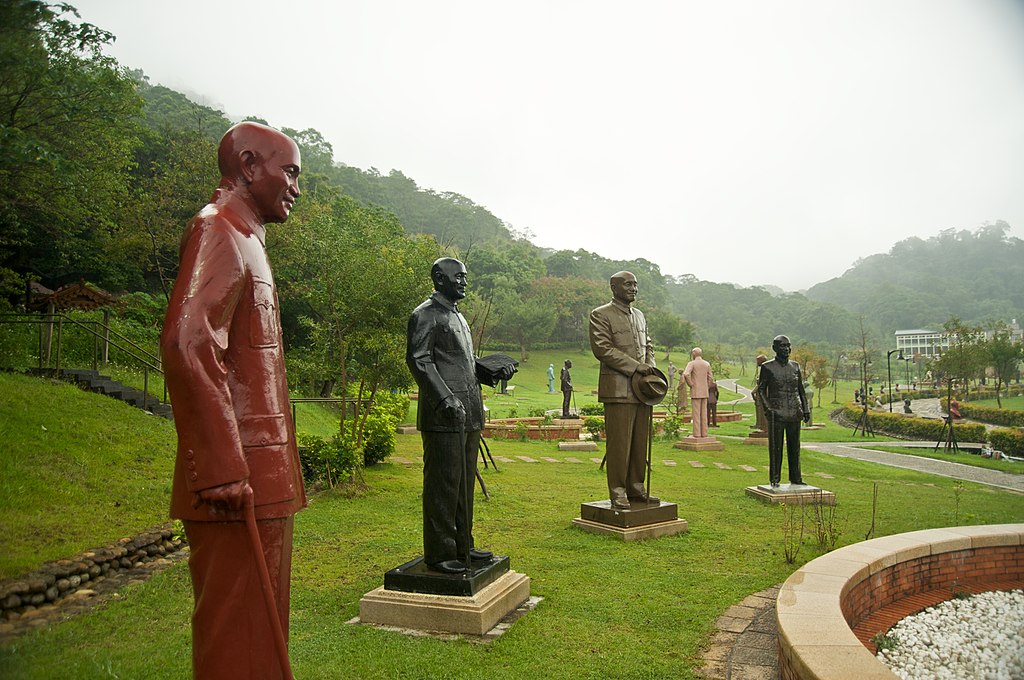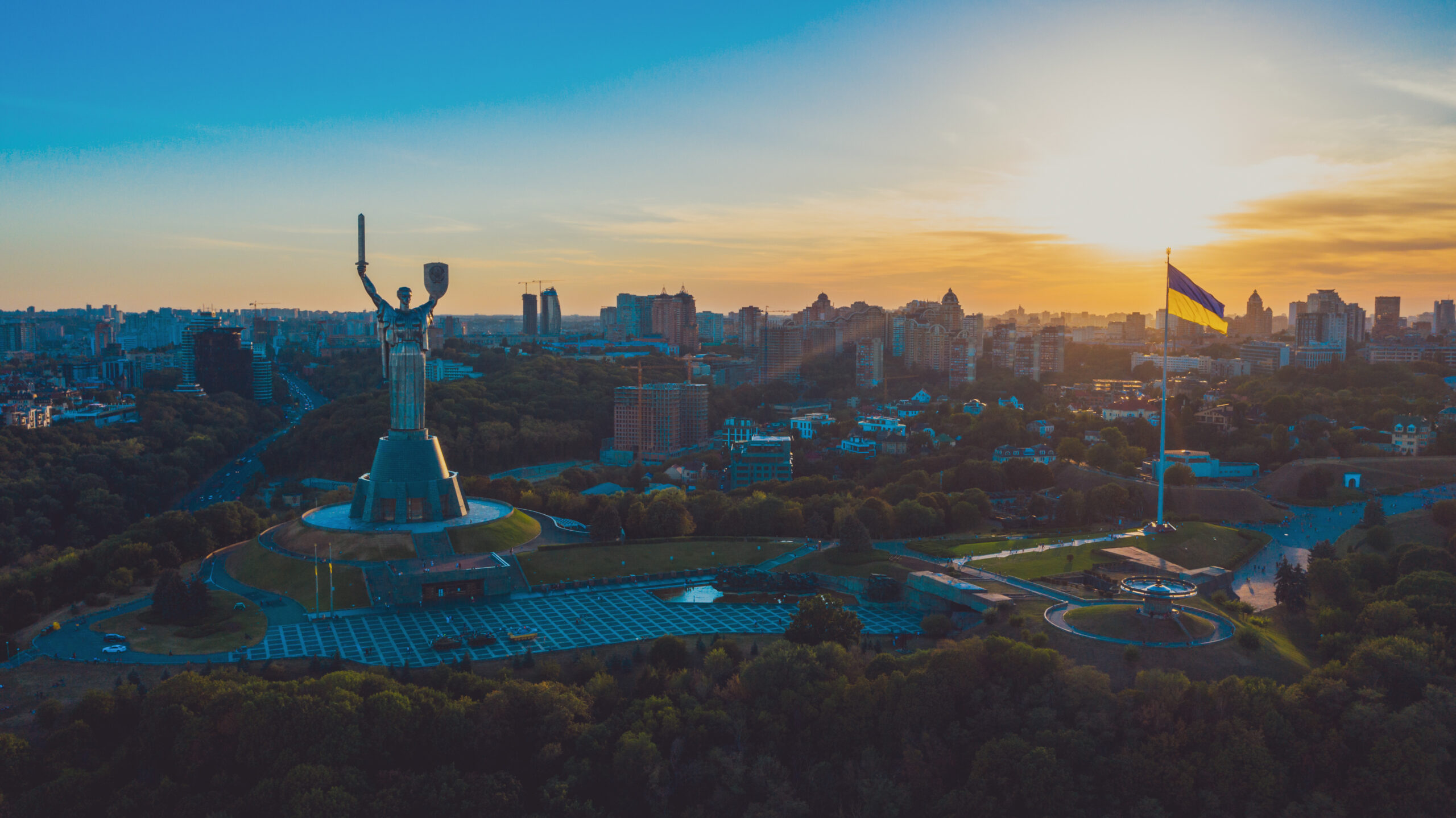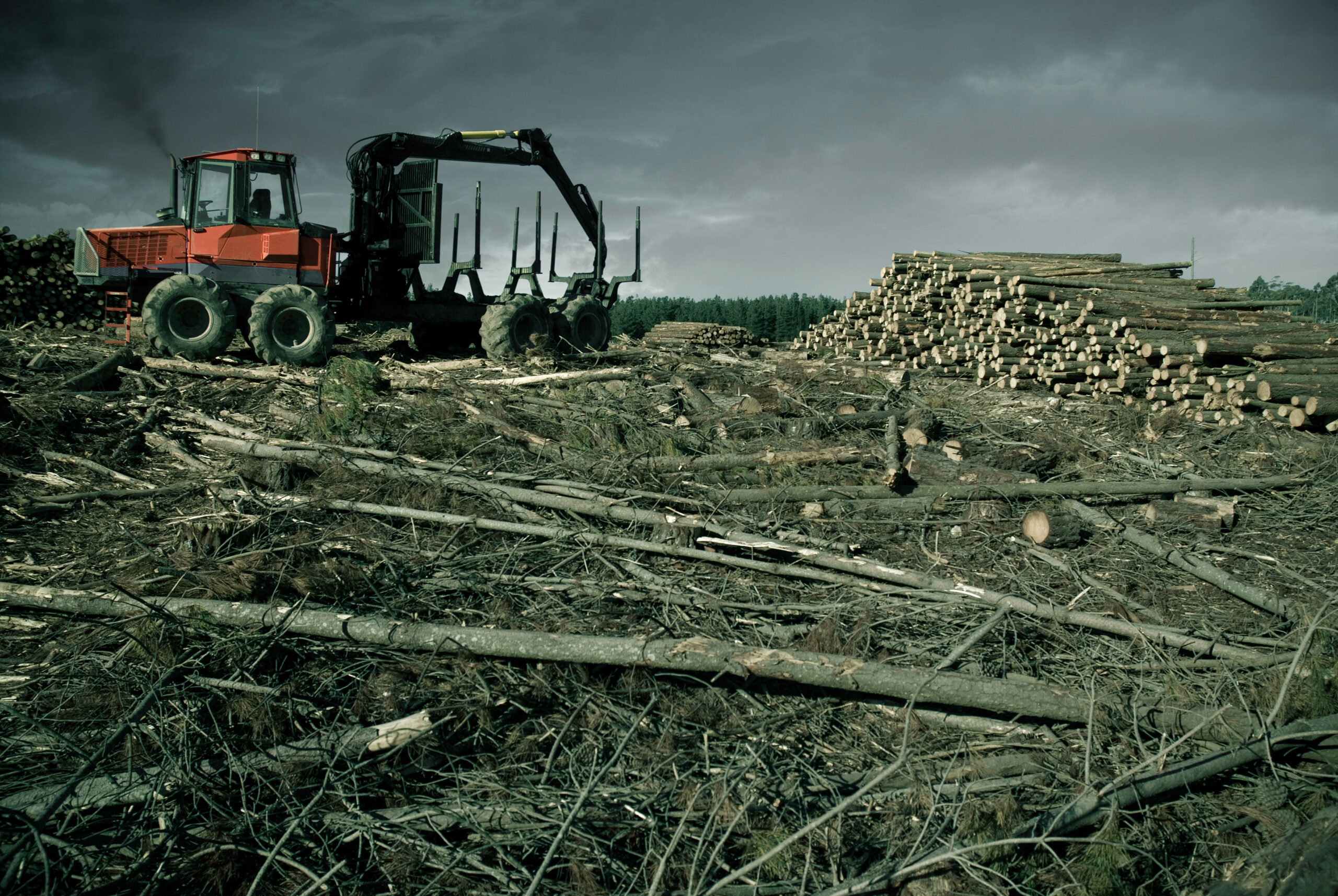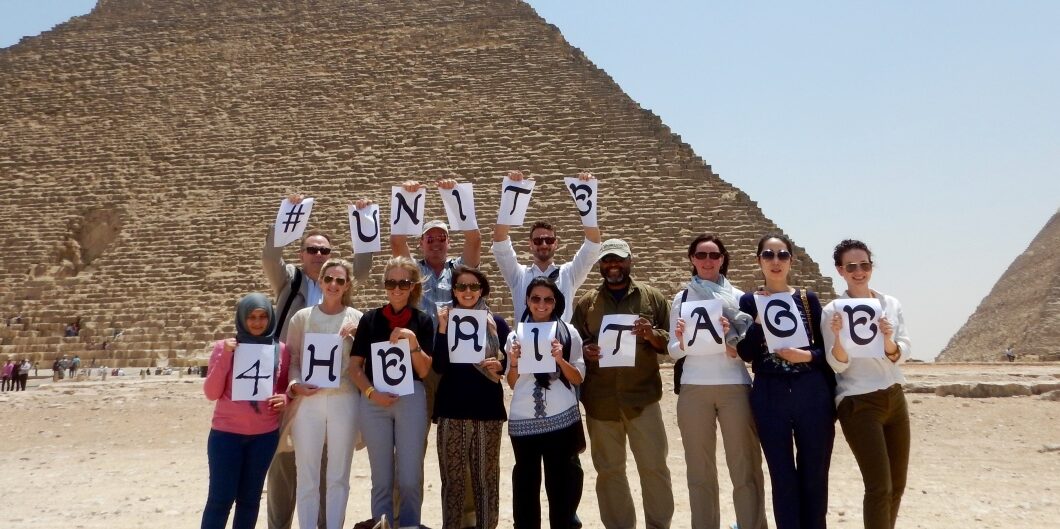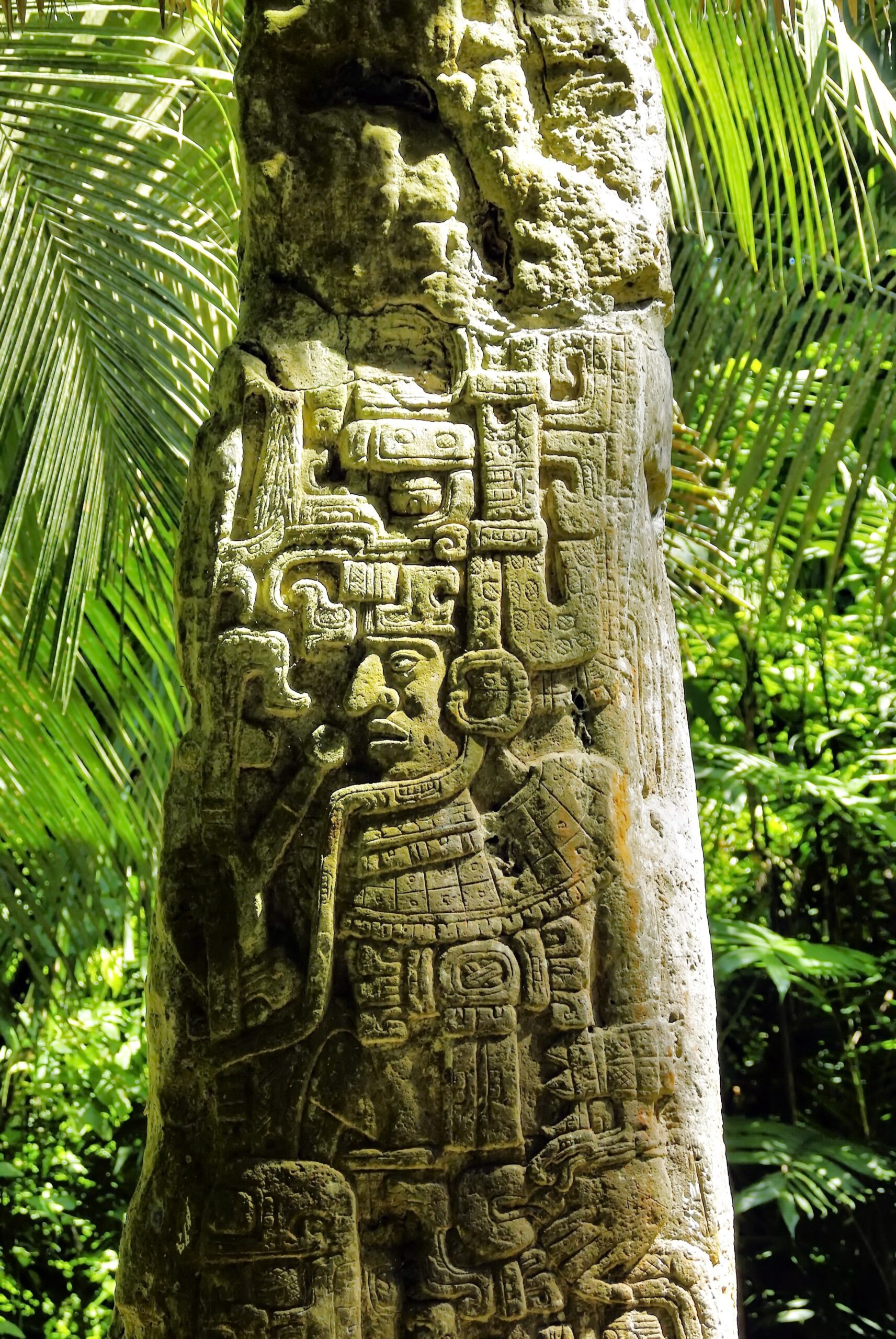Policy Brief No. 6
March 2020
By Blythe Alison Bowman Balestrieri, Ph.D.
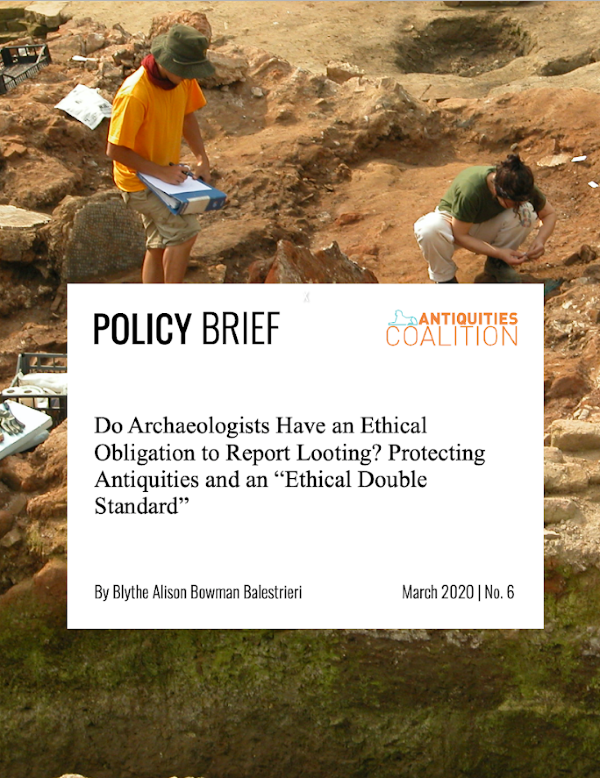
Working on the very locations of interest to looters, most field archaeologists at some point see for themselves the extensive damage that looting can do to an archaeological site. Indeed, it is not unusual for a field archaeologist to personally encounter looting or evidence of looting activity on multiple occasions across multiple archaeological sites over the course of a career. Archaeologists know that this illegal digging has caused irreparable damage to the archaeological landscape, and that the knowledge they hoped to glean from those sites about the human past has also been compromised, if not lost entirely, by looting. They also know that most countries have criminalized archaeological site looting in their domestic laws. This means that a field archaeologist who witnesses looting firsthand is also, in essence, witness to a crime. Nevertheless, many field archaeologists, by their own admission, choose not to report looting to the appropriate archaeological or law enforcement authorities when they encounter it.
This policy brief draws insights from a global survey on why many field archaeologists say they do not report archaeological site looting when they encounter it, and argues that the duty to report should be a central tenet of a field archaeologist’s professional ethics. It explores the consequences of field archaeologists looking the other way when they encounter subsistence looting, and offers solutions to help archaeologists understand the importance of reporting looting activity when they encounter it in the field.
“As experts in their field and self-proclaimed stewards of cultural heritage, it matters what archaeologists do—or not do— in response to looting when they encounter it in the field. It’s hard to take archaeologists seriously when they say looting is a crime but themselves choose not to document and report it to the appropriate local authorities when they bear witness to it.”
Blythe Alison Bowman Balestrieri, Ph.D.

